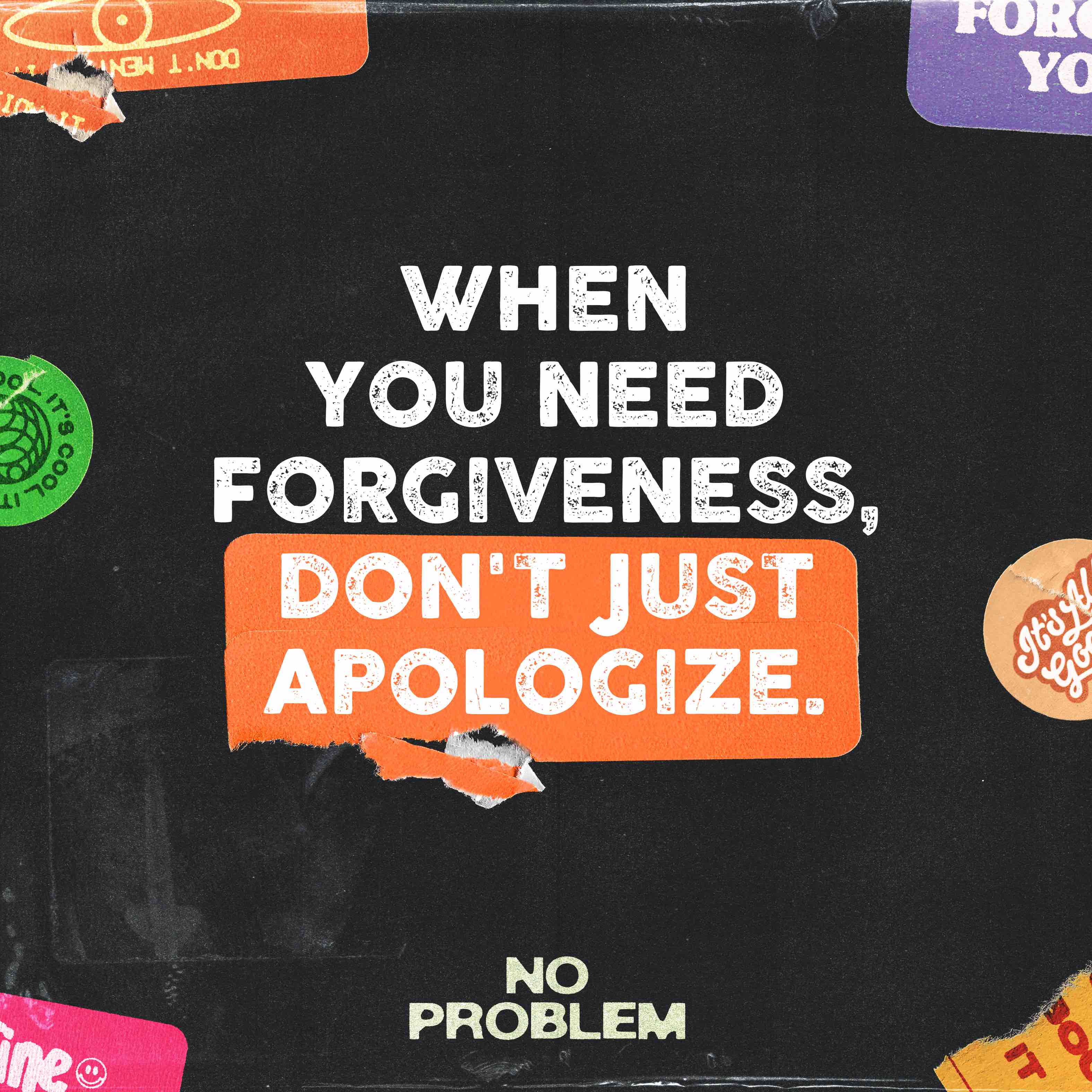No ProblemNäide


"I'm sorry I ignored you all day, but to be honest, you were a little quiet anyway. You must have wanted to be alone." Have you ever heard this kind of apology before? Do you see how this apology can seem a little . . . insincere? Though the words "I'm sorry" were said, the apology almost meant nothing due to the shift in blame to the other person. The one apologizing didn't seem to believe they weren't entirely in the wrong. Is this a "good apology?"
A good apology is meaningful, coming straight from the heart and understanding how you've hurt someone else. It takes true humility. More than that, it means you have recognized the mistake you made. Though being humble can be challenging at times, it's a characteristic that God wants us to practice. It takes a lot of intention and shows the other person you care.
Apologies can be scary sometimes, but how can you make sure you are genuine in every apology?
Pühakiri
About this Plan

Apologies — they’re hard to give, but they’re sometimes hard to receive, too. When you’re the one who has hurt someone else, saying you’re sorry (and actually meaning it) takes work and practice. But when you’re the one who’s been hurt by someone else, things get even more complicated. In this 20-day devotional series from Grow Curriculum, we'll unpack apologies and forgiveness.
More
Related Plans

Moses: A Journey of Faith and Freedom

Spirit-Led Emotions: Mastering Emotions With Holy Spirit

Prayer Altars: Embracing the Priestly Call to Prayer

Deeper in Worship

Faith-Driven Impact Investor: What the Bible Says

One Chapter a Day: Matthew

Walk With God: 3 Days of Pilgrimage

Psalms of Lament

I'm Just a Guy: Who Feels Alone
